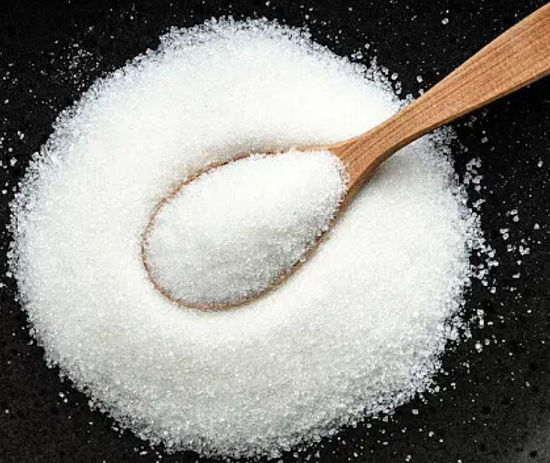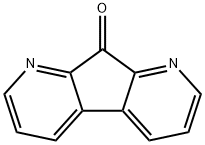Ninhydrin vs 1,8-diazafluoren-9-one
Jul 31,2024
Currently, ninhydrin and 1,8-diazafluoren-9-one (DFO) are the two primary reagents for visualizing the amino acids contained within a fingerprint residue. DFO was introduced into the forensic world in 1990, and the reaction mechanism of this reagent with amino acids has received far less attention. DFO differs from ninhydrin in that it reacts with amino acids to form a red-coloured product which is highly fluorescent under green light. For maximum fingerprint development, it is recommended that exhibits be heated at 100°C in the absence of humidity. It is commonly believed that DFO is the more sensitive reagent and has the added advantage of producing a fluorescent product in one step. For this reason and because humidity hampers the DFO reaction, it is recommended that DFO be used before ninhydrin. However, it is also recommended that ninhydrin treatment is performed after initial DFO processing since additional fingerprints can often be found. This implies that DFO does not react with all the amino acids present in the latent fingerprint, which can be attributed to either an incomplete reaction or perhaps the fact that DFO does not react with all types of amino acids.
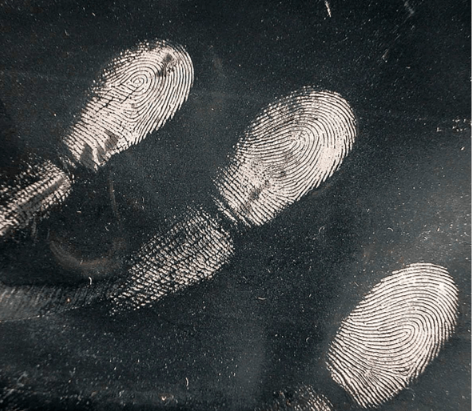
Original formulations of both ninhydrin and DFO required initially dissolving the solid in alcohol (ethyl alcohol for ninhydrin and methyl alcohol for DFO) with acetic acid. This solution was then diluted with 1,1,2-trichlorotrifluoroethane (more commonly known as Freon 113 or CFC113). CFC113 is the perfect solvent for visualising fingerprints on porous surfaces since it is non-flammable, non-toxic, highly volatile, does not cause ink-running and produces stable solutions of both reagents. However, the current environmental concerns with CFCs and their detrimental effects on the ozone layer resulted in the banning of CFC113 in most industrialized countries under the Montreal Protocol, signed in 1987.
References:
[1] WILKINSON D. Study of the reaction mechanism of 1,8-diazafluoren-9-one with the amino acid, l-alanine[J]. Forensic science international, 2000, 109 2: 81-168. DOI:10.1016/S0379-0738(99)00219-4.
- Related articles
- Related Qustion
- Uses of 1,8-Diazafluoren-9-one Oct 25, 2019
1,8-Diazafluoren-9-one(C11H6N2O,182.18 g/moL), also known as DFO, is a chemical that is used to find fingerprints on porous surfaces. It makes fingerprints glow.
1,7-Dimethylxanthine is a naturally occurring alkaloid compound that can enhance alertness and reduce drowsiness.....
Feb 27,2025API?Sodium sulfite (SS) is a white, odourless, crystalline powder with a sulfurous taste that has reducing properties.....
Jul 31,2024Inorganic chemistry1,8-Diazafluoren-9-one
54078-29-4You may like
1,8-Diazafluoren-9-one manufacturers
- 1,8-Diazafluoren-9-one
-

- $56.00 / 50mg
- 2025-06-21
- CAS:54078-29-4
- Min. Order:
- Purity: 99.91%
- Supply Ability: 10g
- 1,8-Diazafluoran-9-one
-
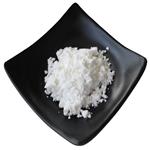
- $0.00 / 1kg
- 2025-03-26
- CAS:54078-29-4
- Min. Order: 1kg
- Purity: 99%
- Supply Ability: 20 tons
- 1,8-Diazafluoran-9-one
-
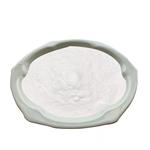
- $0.00 / 1kg
- 2023-12-18
- CAS:54078-29-4
- Min. Order: 1kg
- Purity: 99.9%
- Supply Ability: 30000 Kg





